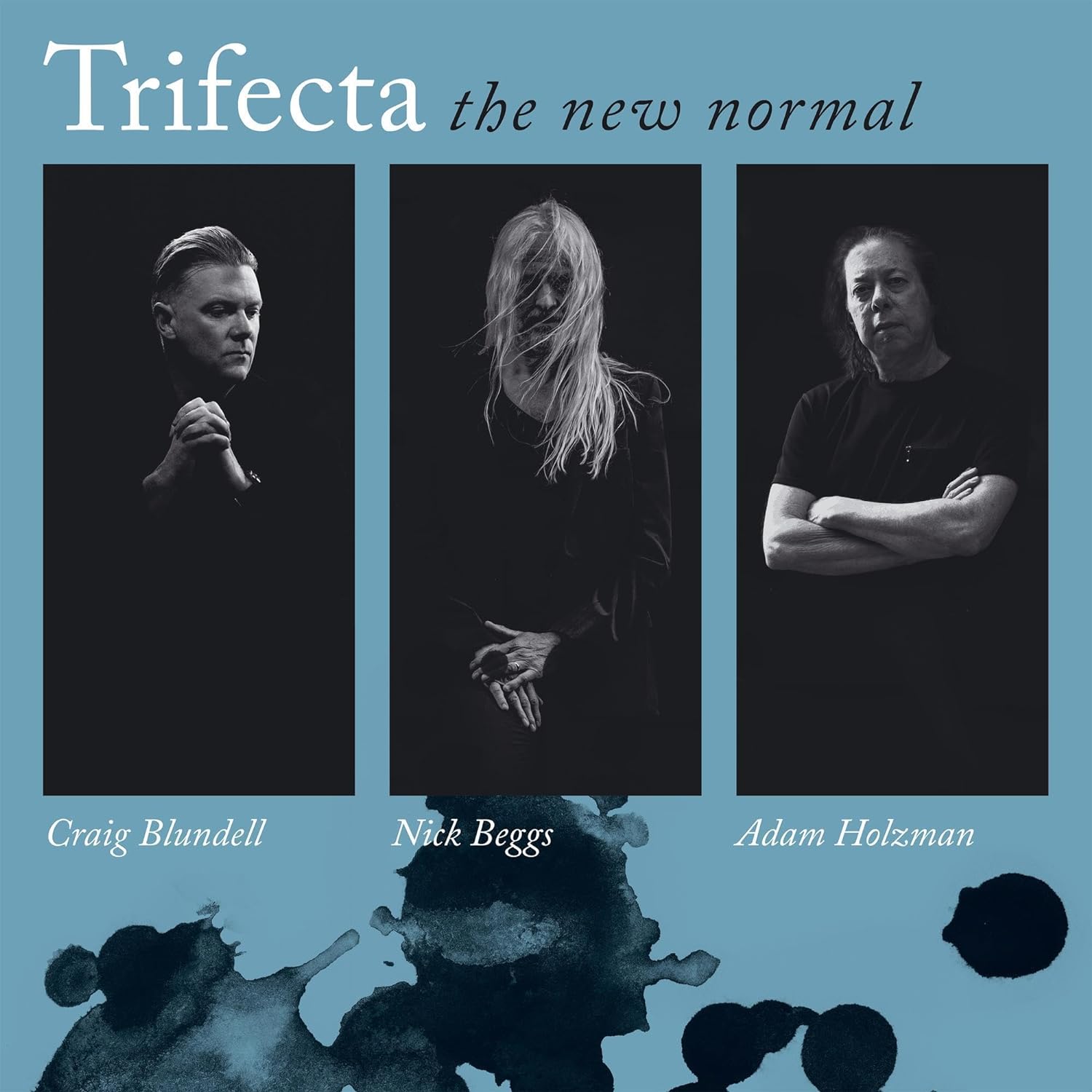Hailing from Tampa, Florida, Tides Of Man is a four-piece instrumental rock outfit featuring guitarists Daniel Miller and Spencer Gill, bassist Alan Jaye and drummer Josh Gould. Formed in 2007, the band’s initial recordings featured a vocalist (there was a self-titled EP in 2008 and two full-length albums in 2009 / 10) but, following a much-needed hiatus in the wake of relentless touring, the band found themselves without a vocalist. A number of auditions proved fruitless and Tides of Man decided, instead, to follow their increasing interest in instrumental post-rock. An instrumental debut appeared in 2014 in the form of young and courageous and now, following yet more touring, the band are back with Every Nothing a darker, more intense sonic trip featuring twelve new songs. Exploring a conceptual theme in which even the most trivial events in life can assume great import, every nothing is an evocative piece of work that draws the listener into their own private world, only releasing them when the album spins to a halt some fifty-minutes later.
Opening with the unspeakably gorgeous Static Hymn, Tides of Man summon up sonic memories of Spiritualized, Mogwai and My Bloody Valentine as layers of reverb wash over the guitars and Alan’s warm bass floats up underneath. Held in place by Josh’s somnolent rhythms, the track drifts in a world where sadness and joy are but a hair’s breadth apart, only to suddenly explode into vibrant life as a gently-winding lead gives way to a barrage of heavily distorted riffing. The elegant Mercury Fields benefits greatly from Josh’s adventurous moves around the kit, whilst the deftly inter-woven guitar lines veer from lush ambience toward heavier pastures in a nod to post-rock masters Red Sparrowes. Lightening the tone a touch, the optimistically-titled New Futures recalls early U2 with its rippling, heavily-delayed guitar set against lush ambience and a taut beat. In contrast, the piano-led Far Off is a mercifully short, heart-rending piece that would become emotionally overwhelming if it weren’t for its brevity. It leads neatly into the gnarled rage of Old 88, a track that slowly builds before the band unleash a sonic firestorm that recalls Siamese Dream-era Pumpkins in all their majesty. The first half of the album concludes with Waxwing, a mellow piece that helps to diffuse the feedback haze of its predecessor, although it is not without its twists and turns.
A two-part mini-epic, Keep telling yourself is a sub-three-minute preamble that provides a moment of glorious, pastoral calm. Like sunlight filtering through late-summer leaves, the music soothes and infuses the spirit before the gruelling bass of Everything is fine, Everyone is happy serves to drive a song that seems to belie the assertion of its title with a sense of vague, indefinable unease that becomes ever more focused as the riffs tighten and blaze towards the track’s conclusion. At seven minutes, death is no dread enemy is the album’s longest track with an eerie, heart-beat rhythm, it sounds like Massive Attack and Mogwai going head to head in the studio, and the pervading sense of gentle sadness is both cathartic and slightly heart-breaking. As the title implies, outside ourselves is less introspective, lifting the listener out of themselves and allowing the sun to stream through the windows once more. Even as the piece builds, with layers of distortion added to the mix, the music remains somehow uplifting and the gorgeous melody seeps into the soul spreading warmth and comfort. The more positive vibe carries through into the driven mosaic, before Tides of Man bring the record to a dignified end with infinite ceiling. A subtle, intricate finale with moments of sonic ecstasy, infinite ceiling leaves the listener somehow cleansed, as if the experience of listening to the record has helped to clear away those lingering emotions that gnaw at the fringes of the mind.
Instrumental post-rock is a challenging entity, not least because those that led the scene set the bar so high that many are helpless but to follow in their wake. In the case of Tides of Man, the music certainly references the likes of Mogwai, Red Sparrowes and their ilk, but the conceptual theme helps to drive the music and give it a flow that so many imitators lack. As a result, Tides of Man stand out and Every nothing proves to be a deeply evocative, frequently moving piece of work that serves to heighten the senses. 8











Leave a Reply